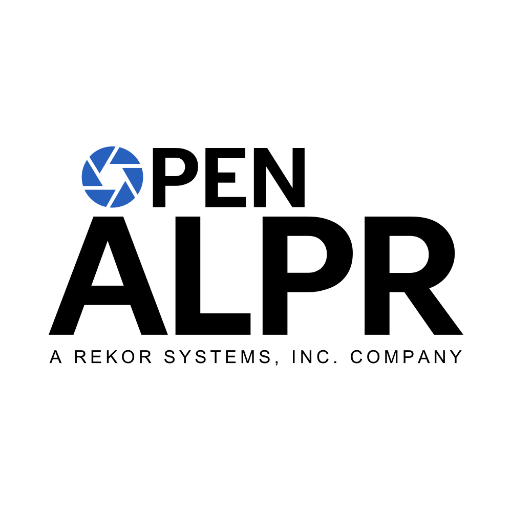Mock sample for your project: MonitorManagementClient API
Integrate with "MonitorManagementClient API" from azure.com in no time with Mockoon's ready to use mock sample

MonitorManagementClient
azure.com
Version: 2015-04-01
Speed up your application development by using "MonitorManagementClient API" ready-to-use mock sample. Mocking this API will allow you to start working in no time. No more accounts to create, API keys to provision, accesses to configure, unplanned downtime, just work.
It also improves your integration tests' quality and reliability by accounting for random failures, slow response time, etc.
Description
Other APIs by azure.com

EventHub2018PreviewManagementClient
azure.com
Azure Event Hubs client for managing Event Hubs Cluster, IPFilter Rules and VirtualNetworkRules resources.

AuthorizationManagementClient
azure.com
Role based access control provides you a way to apply granular level policy administration down to individual resources or resource groups. These operations enable you to manage role definitions and role assignments. A role definition describes the set of actions that can be performed on resources. A role assignment grants access to Azure Active Directory users.

AutomationManagement
azure.com

DataLakeAnalyticsCatalogManagementClient
azure.com
Creates an Azure Data Lake Analytics catalog client.

AutomationManagement
azure.com

Azure Alerts Management Service Resource Provider
azure.com
Azure Alerts Management Service provides a single pane of glass of alerts across Azure Monitor.
Other APIs in the same category

OpenALPR CarCheck API
openalpr.com
The OpenALPR CarCheck API allows you to send images to the cloud for processing.
The image will be analyzed for license plates and vehicle make/models. The results
are returned in JSON format
The image will be analyzed for license plates and vehicle make/models. The results
are returned in JSON format

SearchServiceClient
azure.com
Client that can be used to manage and query indexes and documents, as well as manage other resources, on a search service.

DeploymentScriptsClient
azure.com
The APIs listed in this specification can be used to manage Deployment Scripts resource through the Azure Resource Manager.

RecoveryServicesBackupClient
azure.com

Security Center
azure.com
API spec for Microsoft.Security (Azure Security Center) resource provider

Anomaly Finder Client
azure.com
The Anomaly Finder API detects anomalies automatically in time series data. It supports two functionalities, one is for detecting the whole series with model trained by the timeseries, another is detecting last point with model trained by points before. By using this service, business customers can discover incidents and establish a logic flow for root cause analysis.

HybridDataManagementClient
azure.com

Security Center
azure.com
API spec for Microsoft.Security (Azure Security Center) resource provider

RecoveryServicesBackupClient
azure.com

ConsumptionManagementClient
azure.com
Consumption management client provides access to consumption resources for Azure Enterprise Subscriptions.

Security Center
azure.com
API spec for Microsoft.Security (Azure Security Center) resource provider

Security Center
azure.com
API spec for Microsoft.Security (Azure Security Center) resource provider





